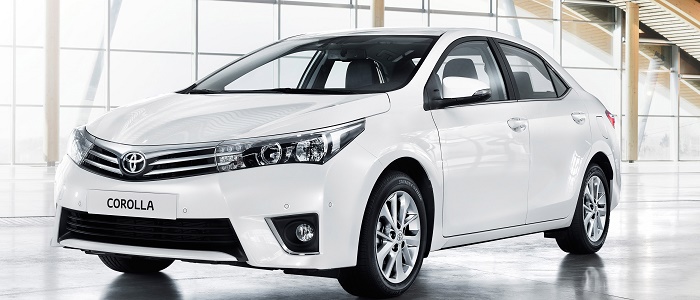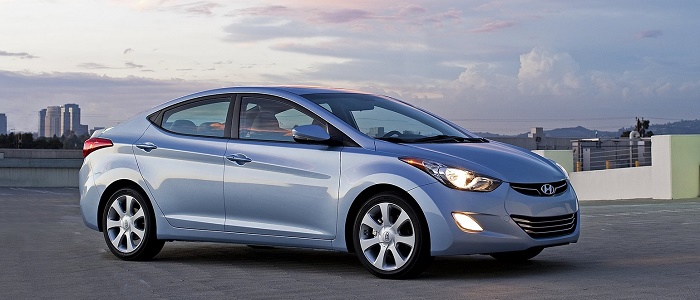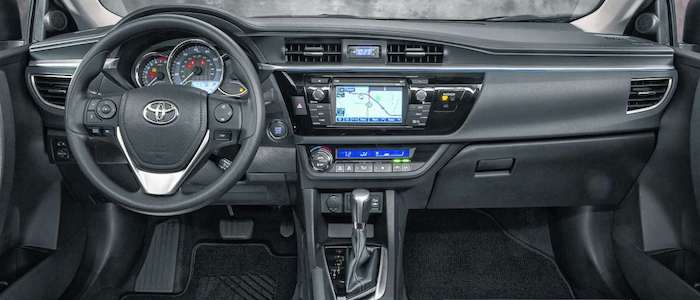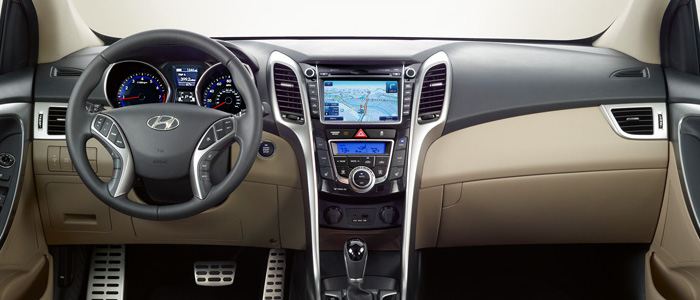Compare two cars
Compare any two cars and get our Virtual Adviser™ opinion
Marketing
Dimensons & Outlines
Engine
1.6 Gamma II G4FC MPI
Performance (manual gearbox)
Performance (automatic gearbox)
Expenses
Virtual Adviser's™ opinion
Well, these are two pretty similar cars we have here! It's only details that could potentially make the difference. Considering they both belong to the small family car segment and utilize the same 4-door sedan body style and the front wheel drive system, it all comes up to the specific petrol engine choice they offer. The first one has a Toyota-engineered powertrain under the hood, a 4-cylinder, 16-valves 132hp unit, while the other one gets its power and torque from a 4-cylinder, 16-valves 130hp engine designed by Hyundai.
SafetyThe fact that the Toyota got tested by the European New Car Assessment Programme (Euro NCAP), while the other contender didn't, puts it sky-high safety-wise, in my eyes at least. That aside, let's consider some other aspects which affect safety. Both vehicles belong to the small family car segment, which is generally classifying them somewhere in the middle safety-wise, but that fact doesn't break the tie between the two cars. Furthermore, if we'd like to consider vehicle mass in this context too, which we definitely should, the Japanese car offers a considerable difference of 10% more metal.
ReliabilityManufacturers have been building their reliability reputation for decades now and, generally speaking, it appears that both brands display similar results in faults and breakdowns, when all the models are taken into account. These are the official statistics, while our visitors describe reliability of Toyota with an average rating of 4.6, and models under the Hyundai badge with 4.5 out of 5. Some independent research have also placed Corolla as average reliability-wise, and Elantra is more or less at the same level.We should definitely mention that owners of cars with the same powertrain as the Japanese car rank it on average as 4.8 out of 5, exactly the same as the other one.
Performance & Fuel economyToyota is a bit more agile, reaching 100km/h in 0.7 seconds less than its competitor. Still, it lacks the power to win the top speed competition, topping at 200 kilometers per hour, exactly the same as the other car does. When it comes to fuel economy things look pretty much the same for both cars, averaging around 6.2 liters of fuel per 100 kilometers (46 mpg), in combined cycle.
Verdict
Toyota appears just a bit more reliable, although the difference is truly marginal. The most important thing when deciding between any two vehicles should always be safety, both passive and active. In my opinion, everything taken into account, the Japanese car beats the other contender by far, making it the best choice without even considering other things. It all continues in the same direction, with Toyota offering somewhat better performance, just enough to call it quicker. To make things even better, it consumps less fuel! All together, there's not much more to say, in this case I wouldn't even consider anything but Toyota. Anyway, that's the most objective conclusion I could've came up with and it's based solely on the information found on this website. Aspects such as design, practicality, brand value and driving experience are there for you to measure them out. In case you have two minutes to spare I invite you to define your needs, desires and budget and see which car would be chosen by the virtual adviser™, among thousands of similar, yet so different vehicles.































